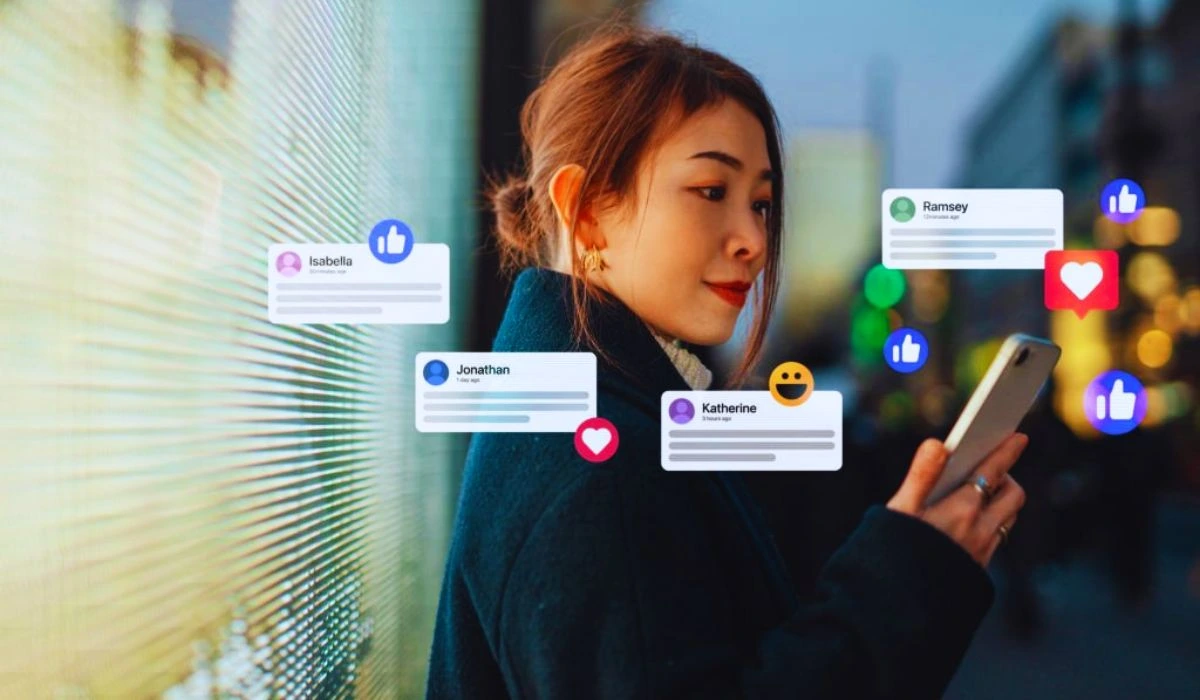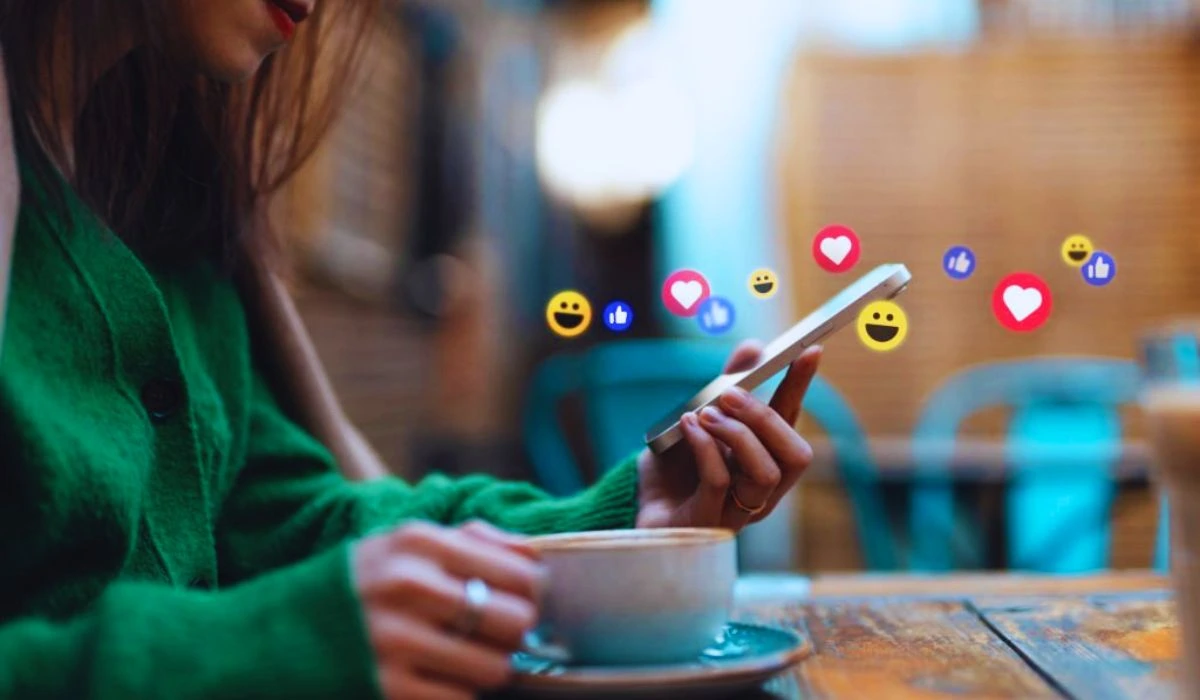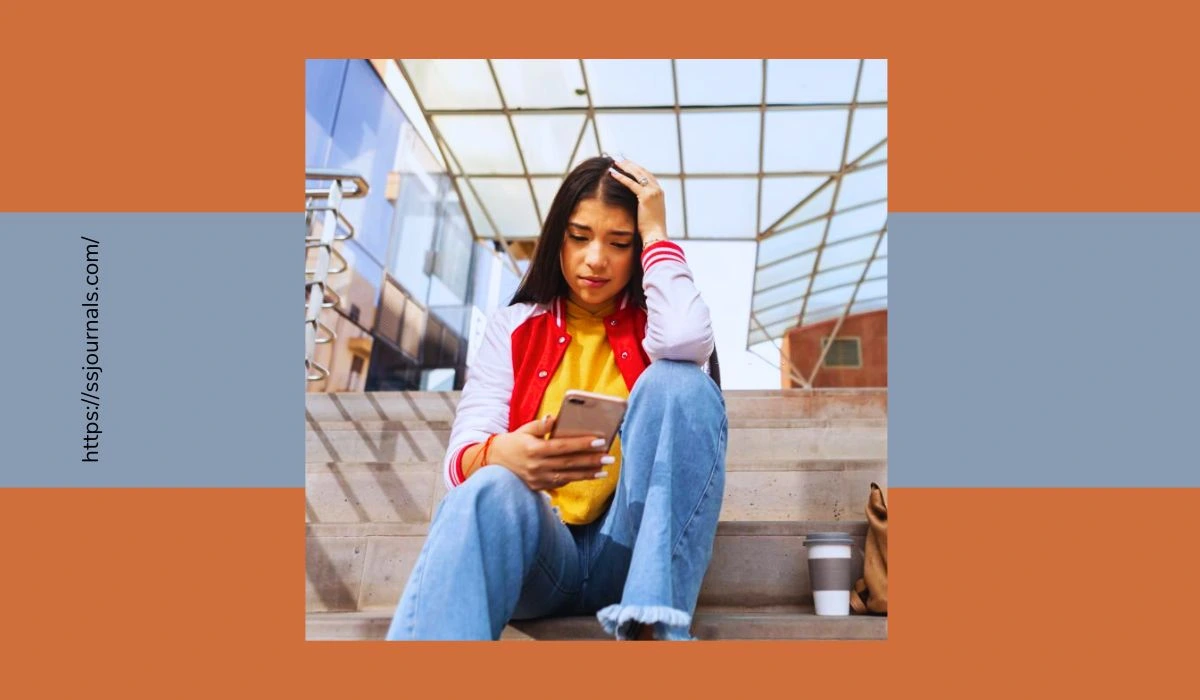Social media has become an integral part of most people’s lives in the 21st century. Platforms like Facebook, Instagram, Twitter, and TikTok allow us to stay connected with friends, family, acquaintances, celebrities, and even strangers from around the world.
While social media has made communication easier and more accessible, excessive use can negatively impact mental health. In this article, we will discuss how social media usage can affect mental health, strategies to avoid potential issues, and conclusions on using social media responsibly.
Adverse Effects Of Social Media On Mental Health

🔸 Social Comparison And Insecurity
One of the biggest adverse effects of social media on mental health is increased social comparison and feelings of insecurity. Platforms like Instagram and Facebook show carefully curated highlights of other people’s lives. Comparing our daily realities with others’ highlight reels can lead to negative thoughts about ourselves, eroding self-esteem and confidence.
Seeing others achieve goals faster than us or appear “happier” can generate anxiety, depression, and envy. The temptation to present only the best versions of ourselves leads to unrealistic expectations and stress.
🔸 Addiction And Excessive Usage
The addictive nature of social media platforms can promote obsessive use and poor time management. The fear of missing out and constant notifications keep drawing users back regularly.
As a result, people end up spending excessive amounts of time online instead of being present. This can negatively impact work, education, relationships, and overall health. Problematic use reduces sleep quality, leads to neglect of responsibilities, and isolates users from real social connections.
🔸 Cyberbullying And Hate Speech
Online harassment, trolling, and cyberbullying have also emerged as byproducts of social media. The anonymity provided by online platforms emboldens some to make harmful statements they wouldn’t dare say in real life.
Being the target of persistent insults, threats, and abuse – or witnessing such behavior – can create significant mental distress and trauma. Young adults and teenagers are particularly vulnerable, sometimes even resorting to self-harm or suicidal ideation after cyberbullying.
🔸 Unrealistic Expectations And Distorted Reality
The temptation to present perfect versions of our lives also creates unrealistic expectations of how we “should” look, dress, travel, and behave. Social media celebrities, influencers, and trends can heavily influence perceptions of beauty, material possessions, and lifestyles.
Comparing oneself to such carefully curated, filtered content results in a distorted sense of reality. This leads to overspending, body image issues like eating disorders, and generally feeling inadequate or left behind.
Also Check: How Does Adolescence Affect Mental Health? Breaking The Silence
How To Avoid Mental Health Problems Caused By Social Media

🔹 Moderate Usage And Take Breaks
The most effective way to avoid mental health risks from social media is to moderate usage and take regular breaks. Set limits on daily or weekly time spent on platforms and stick to them.
Scheduling social media breaks for a few hours, days, or even weeks can provide perspective and improve concentration, mood, sleep quality, and relationships. Turn off all notifications so you check on your own terms, not when prompted.
🔹 Diversify Information And Connection Sources
Relying solely on social media for news, information, and social connection creates a distorted, isolated experience. Read books, newspapers, and magazines for a more nuanced information diet. Meet friends, family, and colleagues face-to-face to nurture real relationships. Engage in hobbies and communities offline to avoid becoming overly dependent on online validation.
🔹 Be Selective About Your Connections
Curate your social media connections mindfully. Unfollow accounts that trigger envy or unhealthy social comparison. Avoid “doomscrolling” through negative news or incessantly checking other people’s activities. Instead, make lists to thoughtfully follow positive, inspiring accounts and useful organizations. Interact meaningfully with a small circle rather than collecting contacts.
🔹 Analyze Your Feelings
Notice how using social media makes you feel – before, during, and after scrolling. Does it provoke anxiety? Envy? Low self-esteem? Anger? Boredom? Excitement? If you mostly feel negative emotions, it’s time to reduce and reset your usage. Keep track of your moods and discuss them with trusted friends or a mental health professional if needed.
🔹 Present Authentic Versions of Yourself
Combat the temptation to present unrealistically perfect or filtered versions of yourself online. Share genuine thoughts, emotions, and experiences rather than chasing likes and validation. You may inspire others also struggling with the pressure to put up facades.
Use social media to share skills, and knowledge and engage thoughtfully with others. Your sense of self-worth should arise from your real-life actions, relationships, and values, not just your online persona.
Read More: Is There Any Relation Between Abortion And Mental Health?
Conclusion
Social media has profoundly shaped communication, cultural trends, and mental health, especially for younger generations. While it offers opportunities to connect, express ourselves, and find communities, excessive or irresponsible use harms mental well-being.
Avoiding social media altogether is nearly impossible for most, so mindful usage is key. Moderating time spent, diversifying activities, analyzing feelings, and presenting an authentic self online help unlock social media’s benefits while minimizing negatives. With responsible use, social media can connect us to the wider world without distorting our realities.
FAQs
A: Some early signs include increased feelings of anxiety, envy, or inadequacy when using certain platforms, loss of interest in other activities, declining sleep quality, obsessive checking for notifications, and isolation from in-person social connections. Paying attention to emotions and time spent online can reveal emerging issues.
A: Yes, teenagers and young adults are generally more susceptible to the adverse mental health effects of social media. Their brains are still developing, so they are more prone to social pressure, comparison, and addiction. Cyberbullying also predominantly affects younger demographics.
A: Experts suggest limiting social media use to 30-60 minutes per day for teens, and 1-2 hours for adults. Scheduling specific times rather than aimless scrolling is also beneficial. The ideal amount varies per person, so pay attention to how you feel.
A: Yes, scheduling a social media hiatus for even just a few days or weeks can be extremely helpful. Breaks provide perspective on usage habits, improve concentration and mood, and encourage engagement in offline activities. Just a day or two of no social media use can have noticeable positive impacts.
A: Parents can set time limits, monitor activity, have open discussions about online pressures, model responsible use, encourage other interests/hobbies, watch for cyberbullying, and seek professional help if children exhibit signs of depression or anxiety related to social media use.

